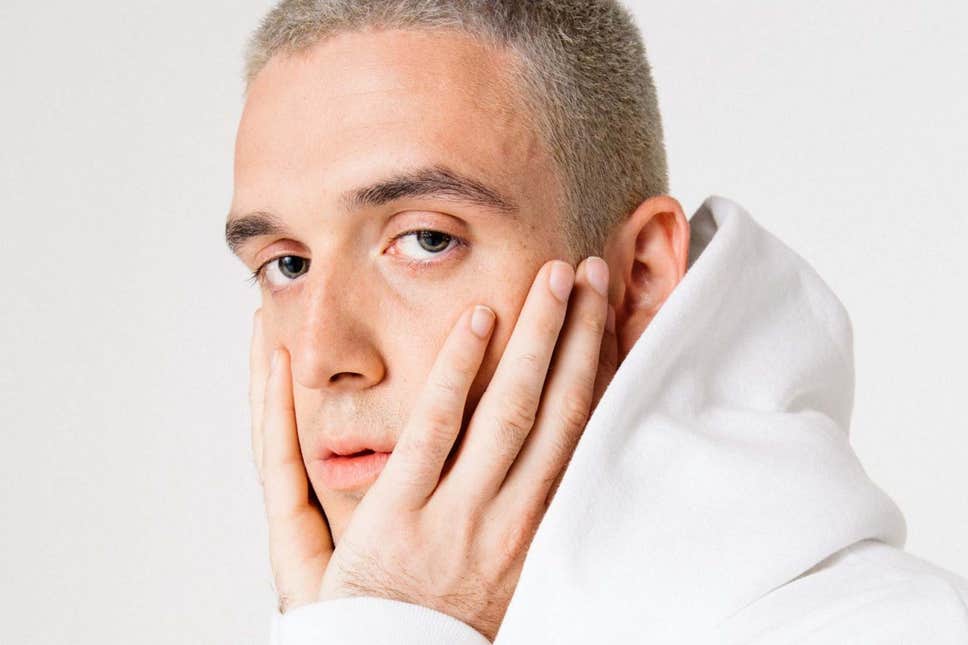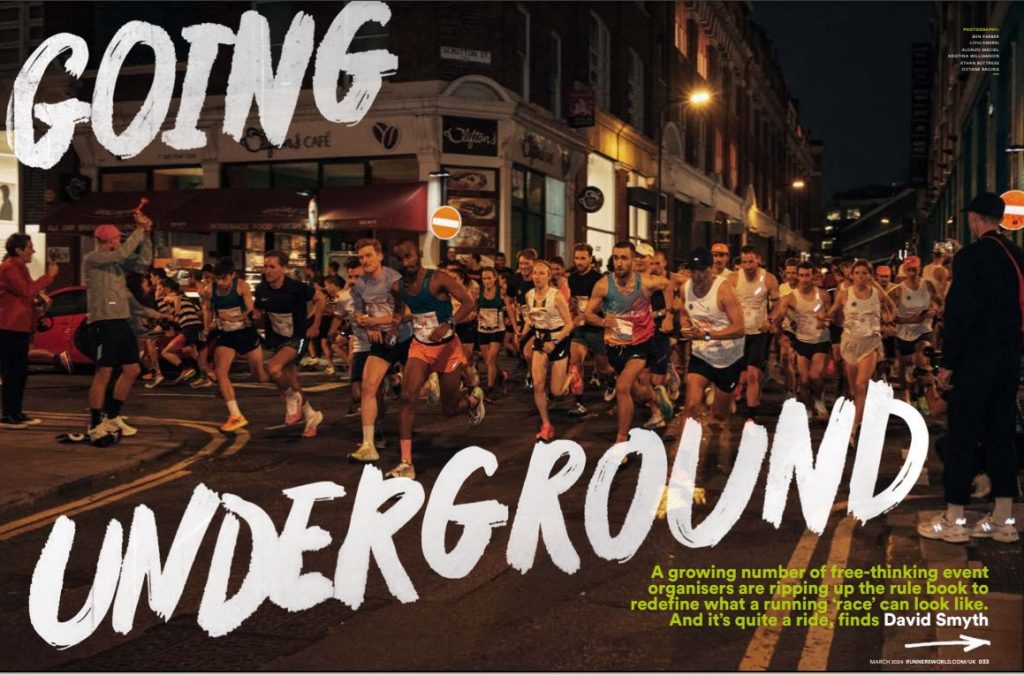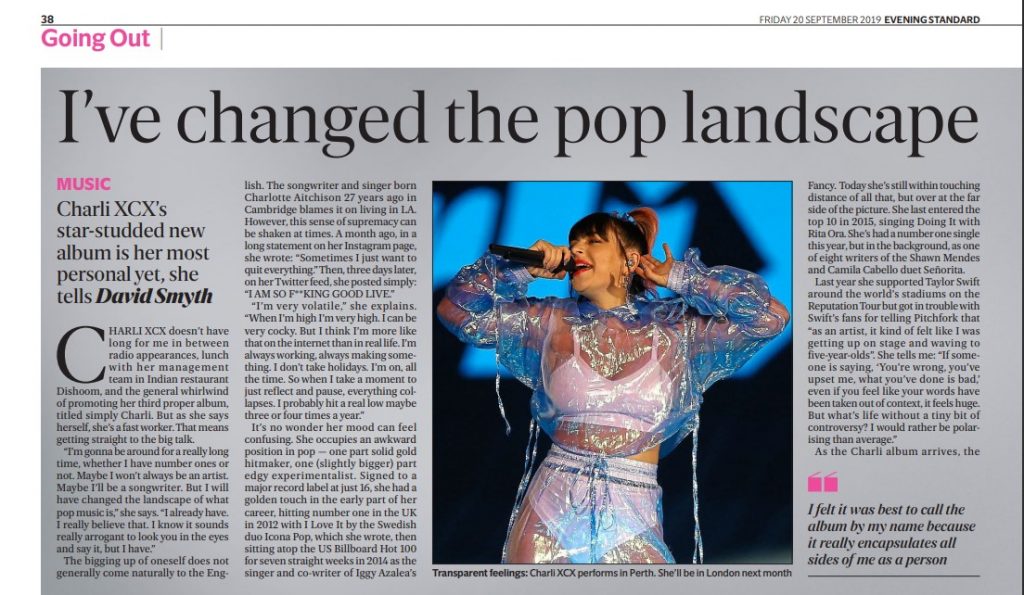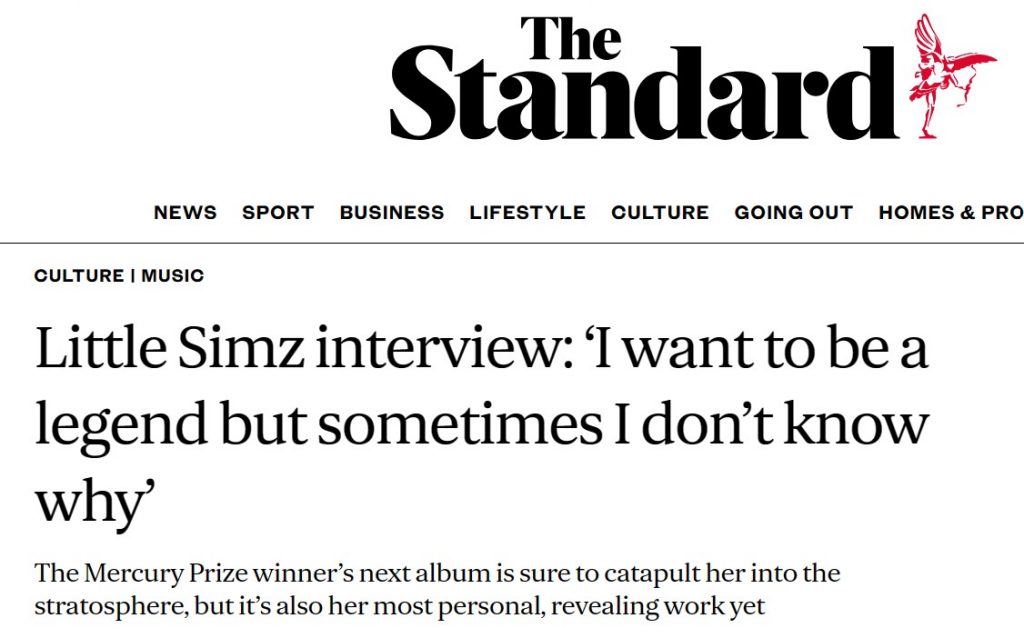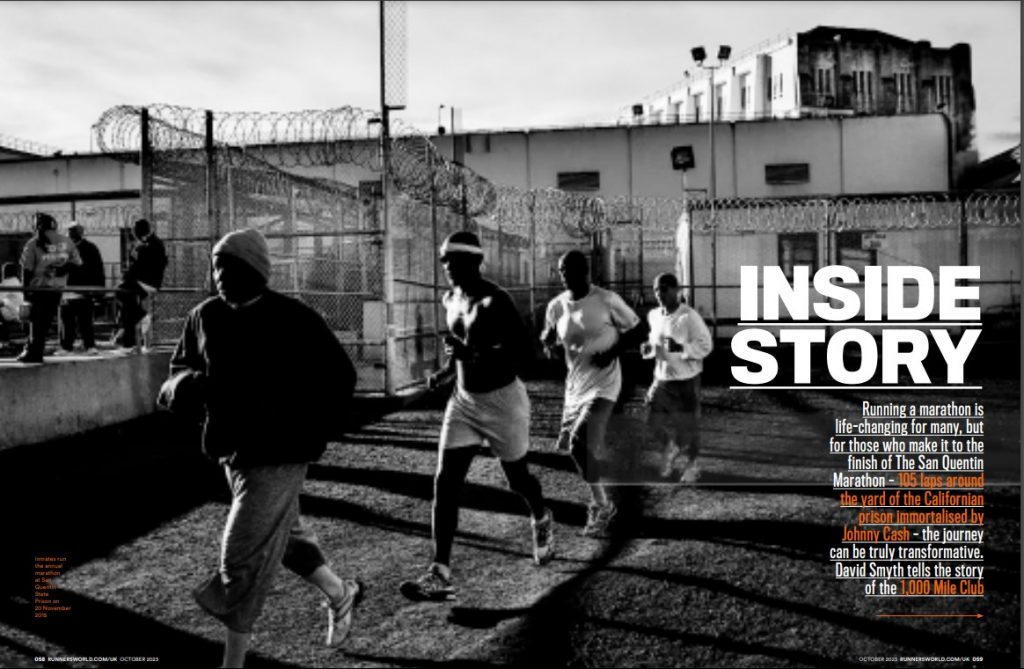I don’t usually get a hug at the start of an interview – sometimes at the end, if I haven’t said anything too offensive. Ari Leff pulls my outstretched hand into a big one as soon as I enter the room. It would have been even nicer if he’d still been wearing his coat, a large bundle of bright purple fur that lies on the floor of the record company lounge like an empty Muppet, but it’s still a surprisingly warm introduction.
As Lauv, the 25-year-old pop musician has been putting his emotions in the spotlight since his soft break-up song The Other went viral in 2015. After many more solo singles, songs written for BTS, Charli XCX and Celine Dion, and a stadium tour supporting Ed Sheeran, he’s finally about to release his debut album. The titles of the singles from it so far don’t exactly suggest unbridled joy at his considerable success to date. They include I’m So Tired… (his first top 10 hit in the UK), Sad Forever, and Fuck, I’m Lonely.
“It’s really important for me as an artist to embrace the things that I go through, and the sadness,” he says. “The cool thing about music now is that people are being much more real. I’ve realised I can’t be perfect, so I’m not trying to be.”
The album is called ~how i’m feeling~, stylised to be lower-case and bracketed by the squiggly punctuation marks known as tildes. Usually found on top of a Spanish “n” or giving a moustache to a face in a text message, online it has come to have a new meaning. A recent Wall Street Journal article all about the tilde was titled “How to Use Irony on the Internet”. Aware of his reputation for being sensitive in song, Lauv basically wants it to sound sarcastic.
“The album is 50 per cent serious but also 50 per cent making fun of itself for being so emotional,” he explains. “I can be very self-deprecating. If you take a song of mine like Drugs & The Internet, some of the lyrics are really heavy but it doesn’t sound like a sad song.”
That’s the 25-year-old’s brilliant trick. The album is an epic at 21 tracks, but it glides by in a breeze, stuffed with sophisticated synthpop and rainbow melodies. The bouncy recent single Tattoos Together is about getting regret-free matching body ink with someone way too soon in a relationship. It’s presumably about heavily tattooed singer-songwriter Julia Michaels, with whom he split in late 2018. He shows me the relevant artwork on his forearm: a small bunch of cherries with “BLUB” written underneath. “That’s what we used to call each other.”
The rest of the album is just as appealing regardless of the subject matter. Even Sad Forever, written at a moment early last year when he was struggling with depression (“It was definitely a low point. The song was my way of saying I really need to get help.”) has a chorus so catchy it demands a singalong.
He has set up an organisation he calls the Blue Boy Foundation to collect the money earned by that song and distribute it among organisations that work for mental health. Meanwhile at his concerts, including a newly announced visit to Brixton Academy in the autumn, fans can enter a kind of futuristic confessional booth in the lobby, record their worries anonymously and pin them to a map on the website mybluethoughts.world. “This is a place for you to share whatever you’re going through, to let go of something that’s weighing you down,” he writes on the site’s front page. You can also search through other people’s posts using keywords. It’s intended to make people feel less alone.
His social media, too, has become a place for these conversations. The other day on his Instagram page he asked: “What’s a time in your life when you’ve felt the loneliest?” He received over six thousand replies. “It’s thousands of people telling stories and others responding and offering support. It’s really cool to cultivate that type of community. The fans are very very very emotional and very connected in that way.”
But when you designate your immediate vicinity as a place for large numbers of people to put their problems, all that weight has to go somewhere. He says he has become more reluctant to do pre-organised meet-and-greet sessions at his shows. “I really respect people for being so vulnerable with me, but they’ll come up and say things like, ‘You literally saved me from killing myself,’ and I don’t know how to absorb that as a person,” he tells me. “I didn’t make a song to save somebody, I made it to express myself, and the fact that it did that is amazing, but I don’t know how to take it. It’s an enormous amount of pressure.”
He was born in San Francisco and grew up there, in Atlanta and Philadelphia, moving wherever his mother’s job in HIV/AIDS vaccine research took them. She now works at the Bill & Melinda Gates Foundation. She’s Latvian, so his stage name means “lion” in that language, while his real name, Ari, means the same thing in Hebrew.
His music career took him first to work in New York, as an assistant in a recording studio and songwriter for others, and then to LA for the last three years. He identifies spells when his mental health has been a particular issue: at high school, when he became so obsessed with working out that he was weighing all his food and thinks it was “bordering on an eating disorder”; at college, after he broke up with his first serious girlfriend; and especially a year ago, when his pop career was taking off but his mind was refusing to follow.
“A psychiatrist diagnosed me with clinical depression and OCD,” he says. “Chemically your brain is set up to be unhappy no matter what. Things were good in my life but I couldn’t help but feel like absolute trash. With the OCD it wasn’t so much compulsive actions, but obsessive negative thoughts. At my worst I spent the entire month of January in bed, trying to remember things in my life exactly as they happened and needing to journal about them over and over. I couldn’t stop. It needed to be treated.”
Today he credits “three things: therapy, medication and meditation” with getting him back on track. He bought a house in the Studio City area of LA where he lives with his best friend, got a teacup pomeranian, and began group meditation sessions with his band before every show. “We just speak gratitude in a stream of consciousness, taking turns, saying all the things we’re thankful for,” he says. “I’ll visualise my torso opening up, and my heart opening up, and anything that’s giving me anxiety just flowing away.”
I ask if his is a good job to have for someone who is fragile. “Being in the studio making music is the most therapeutic thing. I get myself out of my head and can channel an emotion or experience into something that other people can relate to,” he says. “And then playing shows is amazing. I get to be really vulnerable on stage and feel accepted for that vulnerability. There’s a lot of love happening.”
Inevitably, that merits a second hug. I could get to like this brand of pop at its touchy-feeliest.
~how i’m feeling~ is released on Mar 6 on Lauv/AWAL.
Nov 17, O2 Academy Brixton, SW9 (o2academybrixton.co.uk)

